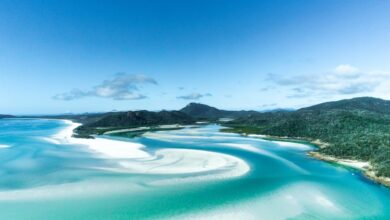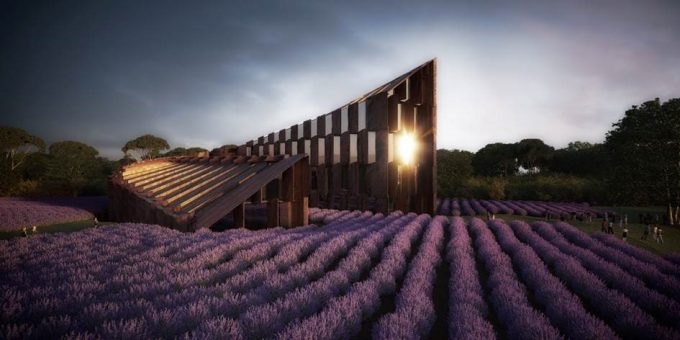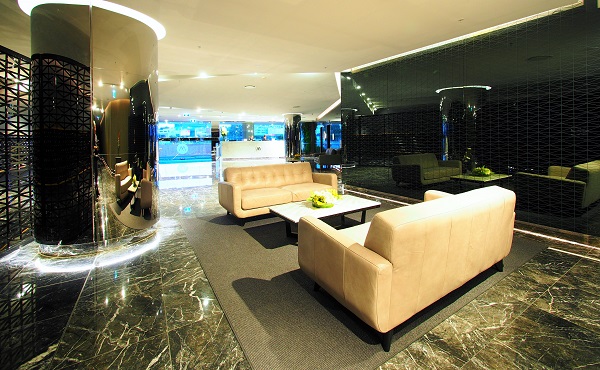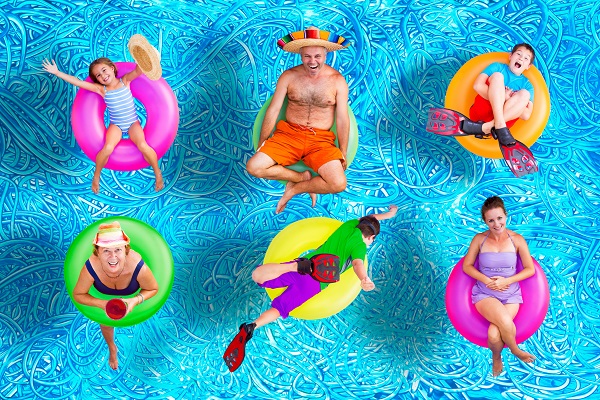
Happy days for holiday season but DON’T sit back & relax accom industry warned
Don't take current market for granted but slowly increasing visitor arrival numbers DO point towards a promising summer season for the accommodation sector
Shining somewhat of a positive light on the Australian tourism sector’s inexorably slow return to pre-COVID status, the latest figures released by the Australian Bureau of Statistics (ABS) for September 2022 show the country’s international visitation numbers are gradually increasing.
The ABS statistics show visitor numbers for September reached a total of 1,071,520, an increase of 43,820 over the 1,027,700 recorded for August 2022.
Our latest AccomNews print issue is available now! Read it HERE
But the numbers still remain a long way behind those recorded for September 2019 when the country welcomed 1,746,100 international visitors, a drop of 38.6 percent.
And when compared to the country’s outbound travel figures for the month, which show 1,040,550 departures overseas, an increase of 98,340 trips month on month, the domestic sector still has what industry leaders say is a long way to go.
Tourism Accommodation Australia (TAA) CEO and interim CEO of the Accommodation Association (AA), Michael Johnson, said while Australia’s international visitor intake is still behind pre-COVID levels, with the peak summer season just around the corner, things are certainly starting to look a lot more promising.
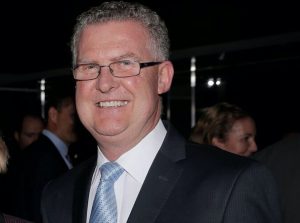
“We are still seeing the likes of Sydney and Melbourne seeming to grow week on week as we head further into our peak season, and events have certainly helped the hotels’ occupancy right across the country – with so much going on we are really starting to see the benefits that staging events can have.
“Our regions have stayed strong and although they may be starting to come off the peaks they experienced last year when we came out of lockdown, and are probably not as strong today, their forward bookings for the up-and-coming summer are very strong.”
Mr Johnson, who recently spent time in Byron Bay where he said he was “delighted to hear international voices working in the food and beverage areas and hotels” said the biggest issues facing the region remains staffing and affordable housing for staff.
“It is as equally difficult to find affordable housing for staff as it is to find someone to fill a position,” he said.
Mr Johnson said he believed a large number of international students had already applied for and received working visas.
“But they are not here yet and we know there are restrictions on them, such as expensive airfares,” he said.
“But we are trying to find ways to get them here and we’ve certainly been working in conjunction with the Australian Trade Commission to see what style of promotion we can actually do to try and get these people to make the journey down here,” he said.
“Hopefully our lovely warm weather is incentive enough to make them start coming.”
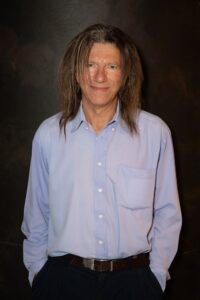
Schwartz Family Company Director, Dr Jerry Schwartz said the continuing fear about the spread of new strains of COVID, and the growing imbalance between outbound and inbound holiday travel, are holding back recovery in the hotel sector although the domestic market remains very strong both in the cities and particularly, in the regions.
“The latest statistics from the ABS showed that departures from Australia are growing at more than double the pace of arrivals, and of the arrivals, 56 percent declared their reason for the visit as “visiting friends and relatives”, while only 17 percent said “holiday”, which inevitably reduces the amount of hotel demand,” Dr Schwartz said.
“Also, the expected return to the office isn’t happening in cities such as Sydney and Melbourne, which means corporate travel is still a long way from returning to pre-COVID levels.
On a more positive front, he said, there is a revival taking place in business events, while public events – especially sporting events – are resulting in high levels of leisure demand.
“Basically, leisure travel is keeping corporate hotels afloat at the moment and there isn’t much prospect for that changing in the short term,” he said.
“My hotels on the Gold Coast – Hilton Surfers Paradise and Paradise Resort Gold Coast – have enjoyed some of their strongest ever monthly performances over the past quarter, and we see that level of performance continuing through to the summer holidays.
“Families, in particular, are still cautious about travelling overseas, which will insulate domestic leisure travel for the foreseeable future.
“However, Australian hotels shouldn’t take the market for granted.
“It is important to maintain investment in hotel product. I have continued to invest in upgrades in my hotels on the Gold Coast, and this weekend we will launch a new ice rink at the Fairmont Resort Blue Mountains, and in December, launch a magnificent new luxury spa at Sofitel Sydney Darling Harbour.
“By upgrading and adding new facilities we provide incentives for Australians to holiday at home and make up for the loss of inbound travellers.”
Mike Parker-Brown is a UK-trained and qualified journalist and an award-winning travel communicator with more than 30 years experience.
Since 2002, Mike has worked as a freelance writer and PR consultant providing his services to major organisations in Australia and internationally in the tourism, aviation, hospitality, recruitment and export marketing sectors.


